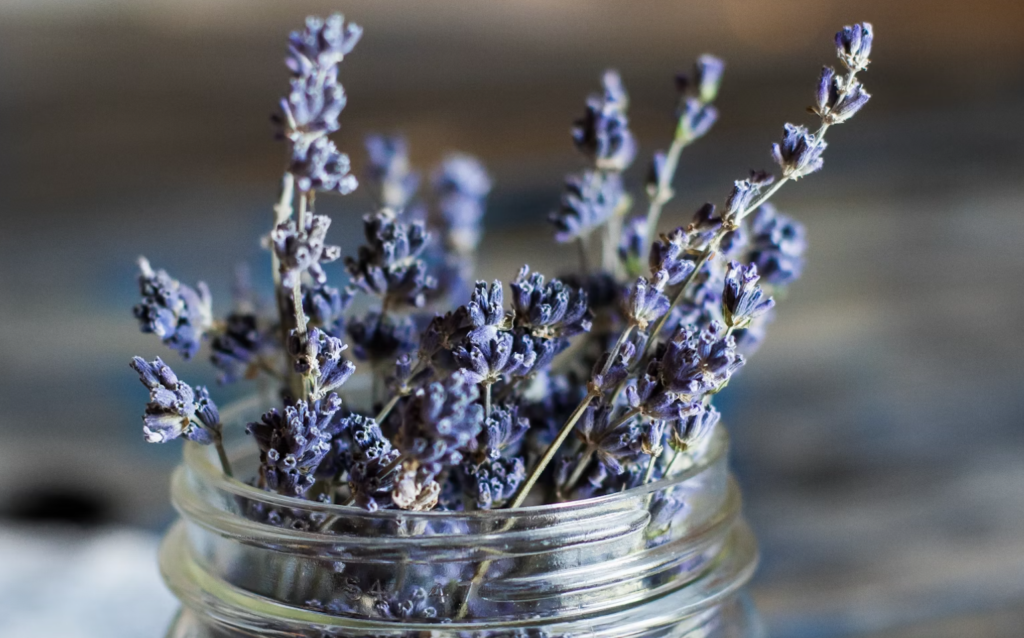Natural Ways to Get Better Sleep

Disturbed sleep is more than just an inconvenience; it can significantly impact your emotional and physical health. From memory and concentration issues to heightened risks of depression, obesity, and heart disease, poor sleep quality should not be overlooked. However, the good news is that there are simple, natural fixes that can enhance your sleep without resorting to prescription medications.
Melatonin
Melatonin is a hormone that is naturally produced by the body to regulate sleep-wake cycles. Supplementing with melatonin can be beneficial for some individuals with disrupted circadian rhythms due to things like jet lag or shift work. Studies have shown that melatonin supplements can improve sleep quality, reduce the time it takes to fall asleep, and increase total sleep time.
Melatonin supplements are generally safe for short-term use. But there are potential side effects, including dizziness, nausea, headaches, and daytime drowsiness. There is little research on its effects during pregnancy or when a mother is breastfeeding. Melatonin is also not meant to be used in perpetuity. Your body can adjust to it and negate its effectiveness, so use it sparingly!
Valerian Root
Valerian root is a popular herbal remedy known for its sleep-promoting properties. Research results are mixed, but some studies suggest that valerian root can improve sleep quality and reduce the time needed to fall asleep. It’s often recommended for individuals experiencing insomnia or general disturbances in their sleep.
Valerian root is generally well tolerated by most people, but its side effects can include headaches, dizziness, and upset stomach. Whether it is safe to use long term while also still remaining effective requires more research.
Chamomile
Chamomile is an herb that has anti-inflammatory properties. You’ve probably seen or had a drink of chamomile tea, which is supposed to promote relaxation and improve sleep quality. There is limited evidence to support chamomile’s effectiveness in improving sleep, but plenty of people do find chamomile tea helpful for at least winding down before bed.
Chamomile tea is a safe, low-risk option, so it’s worth a try. Worst-case scenario is that you enjoy a delicious drink in the evening!
Lavender
Lavender is all but synonymous with calmness. This beautiful, fragrant plant has been linked to improved sleep quality and reduced anxiety. Memory and emotions are strongly connected to our sense of smell, making aromatherapy a powerful tool for many different scenarios. Using lavender oil or dried lavender or even lavender tea at night can create a relaxing atmosphere conducive to sleep.
Like chamomile, lavender is a low-risk option that is safe to use. Just remember that if you’re applying lavender oil to your skin, it’s best to dilute it to avoid the risk of irritation. Also remember that essential oils should not be ingested. They’re for smelling only!
General Tips for Better Sleep
Thankfully, there’s much more to getting good sleep than hunting for the best herbs or prescriptions. Much of your sleep quality comes down to your lifestyle choices and the habits you have developed.
Stick to a sleep schedule: Our bodies have internal clocks that love routine and don’t like to be interrupted. The fancy way to describe this is “circadian rhythm.” Do your clock a favor and maintain a consistent bedtime and wake-up time whenever you possibly can. This doesn’t mean that you can’t stay up late sometimes and watch a movie with your friends, but it also means that sometimes you should skip the movie night.
Be aware of what you eat and drink: Avoid heavy meals, caffeine, nicotine, and alcohol close to bedtime—these are all sleep disruptors. If you enjoy a nightcap before bed, you may want to reconsider. It might be a nice way to relax in one sense, but it’s certainly not helping you sleep.
Create a restful space: Keep your bedroom or sleeping area cool, dark, and quiet, and limit any exposure to light-emitting screens before bedtime. Yes, once again, that movie night might not be the best idea. But also, this means that the evening is a good time to put away the laptop or the tablet and to put down the phone. Being exposed to unnatural light can prevent your body’s natural melatonin from releasing.
Limit naps during the day: Long naps can interfere with getting shut-eye at night, so keep your naps cat-like and avoid napping late in the day.
Stay physically active: Regular exercise and general physical activity can promote better sleep. Apparently the reasons why are still somewhat unknown. Maybe it’s as simple as the fact that you’re more tired by bedtime? In any case, avoid rigorous activity close to bedtime. Exercise can release endorphins and raise your body temperature, both of which can keep you awake.
Restful Nights Await You
By adopting some of these habits and trying out some herbal remedies, you can enjoy more restful nights and better overall health. If you are nursing or pregnant or have any preexisting conditions, please remember to consult with your healthcare practitioner before taking supplements.
